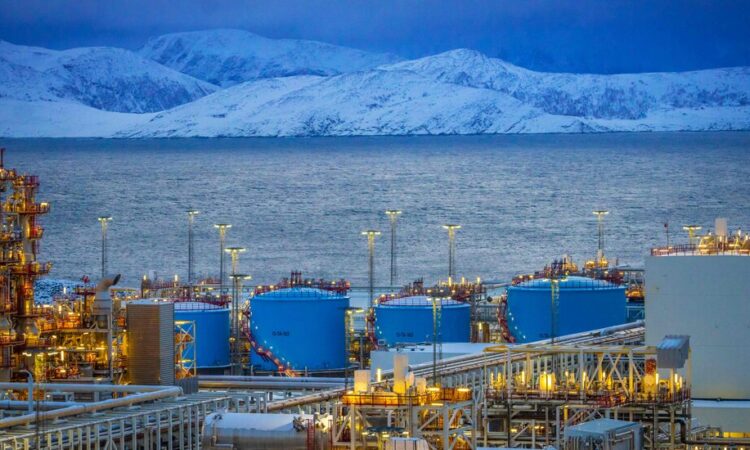
“If China starts buying because they have opened up, and it is cold, then we are in trouble for the next couple of years,” said Marco Alverà, chief executive of TES, which plans to build facilities for importing gas in Wilhelmshaven in northwest Germany. As a precaution, the German government is urging consumers to remain frugal with energy.
Experts like Mr. Alverà also say Europe has missed opportunities to lock up gas supplies from the United States with long-term contracts, largely because lawmakers don’t want to undermine climate goals aimed at reaching carbon neutrality by 2050. At the same time, Europe has so far failed to come up with a program like the Biden administration’s Inflation Reduction Act, which provides businesses with large tax breaks for clean energy investments.
Europe has “a lot of catching up to do,” said Mr. Alverà, a former chief executive of Snam, an Italian gas transmission company.
In addition, gas production facilities around the world have been running flat-out with only modest additional supplies expected to come onto the market in the next two years. “Any supply disruption will have an impact on the market,” Anders Opedal, the chief executive of Equinor, the Norwegian oil company, told reporters in London recently. Norway last year replaced Russia as Europe’s largest gas supplier.
Europe, though, has taken steps that will leave it much better prepared than it was a year ago, analysts say. Once Russia invaded Ukraine, European policymakers quickly realized that decades of dependence on Russian gas had left them dangerously exposed. Governments and companies secured new sources in the form of L.N.G. Paradoxically, shipments of L.N.G. from Russia also increased.
Governments also rushed to build terminals to receive the fuel. Germany, which had no L.N.G. facilities before the war, has already put three terminals into service and plans three more by the end of this year. The construction moved at a speed previously unthinkable in a country notorious for red tape. The Netherlands and other European countries have also added or expanded such facilities.






